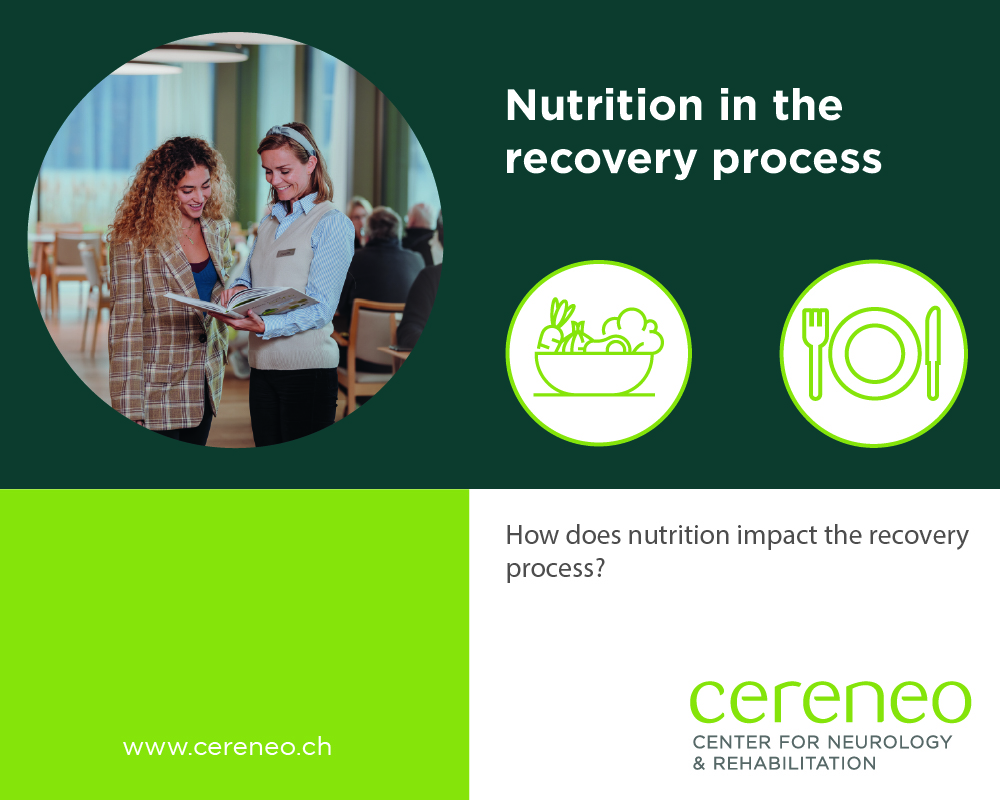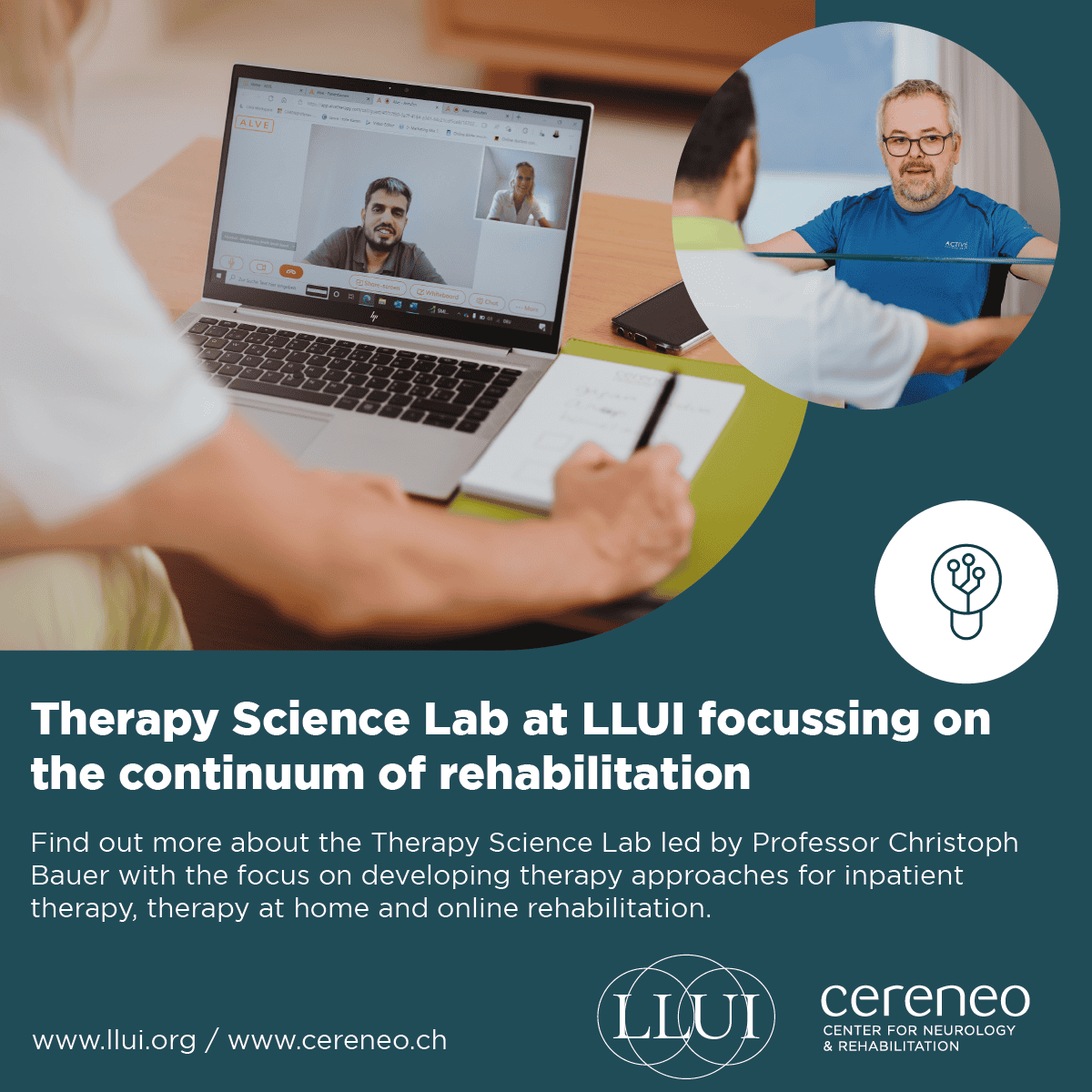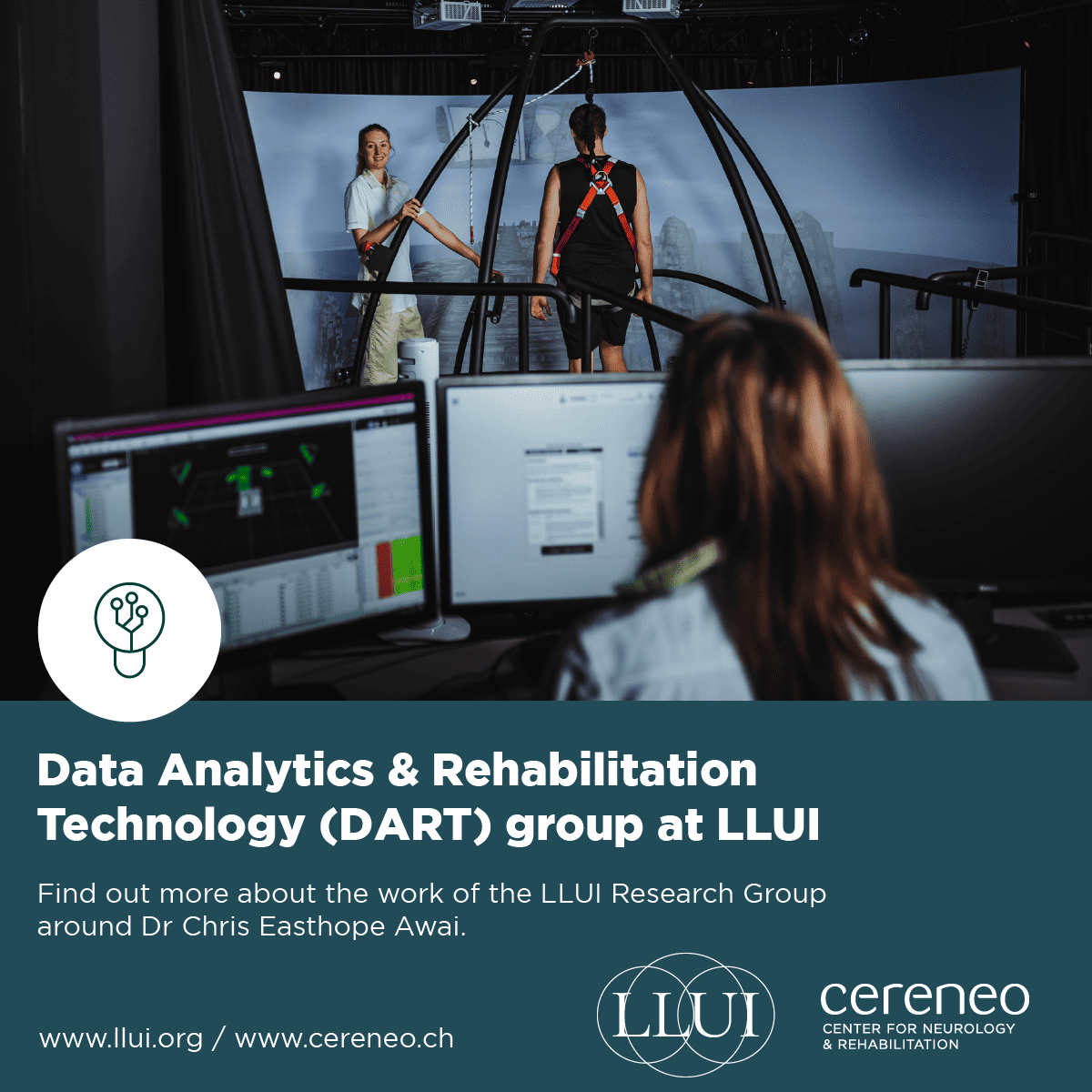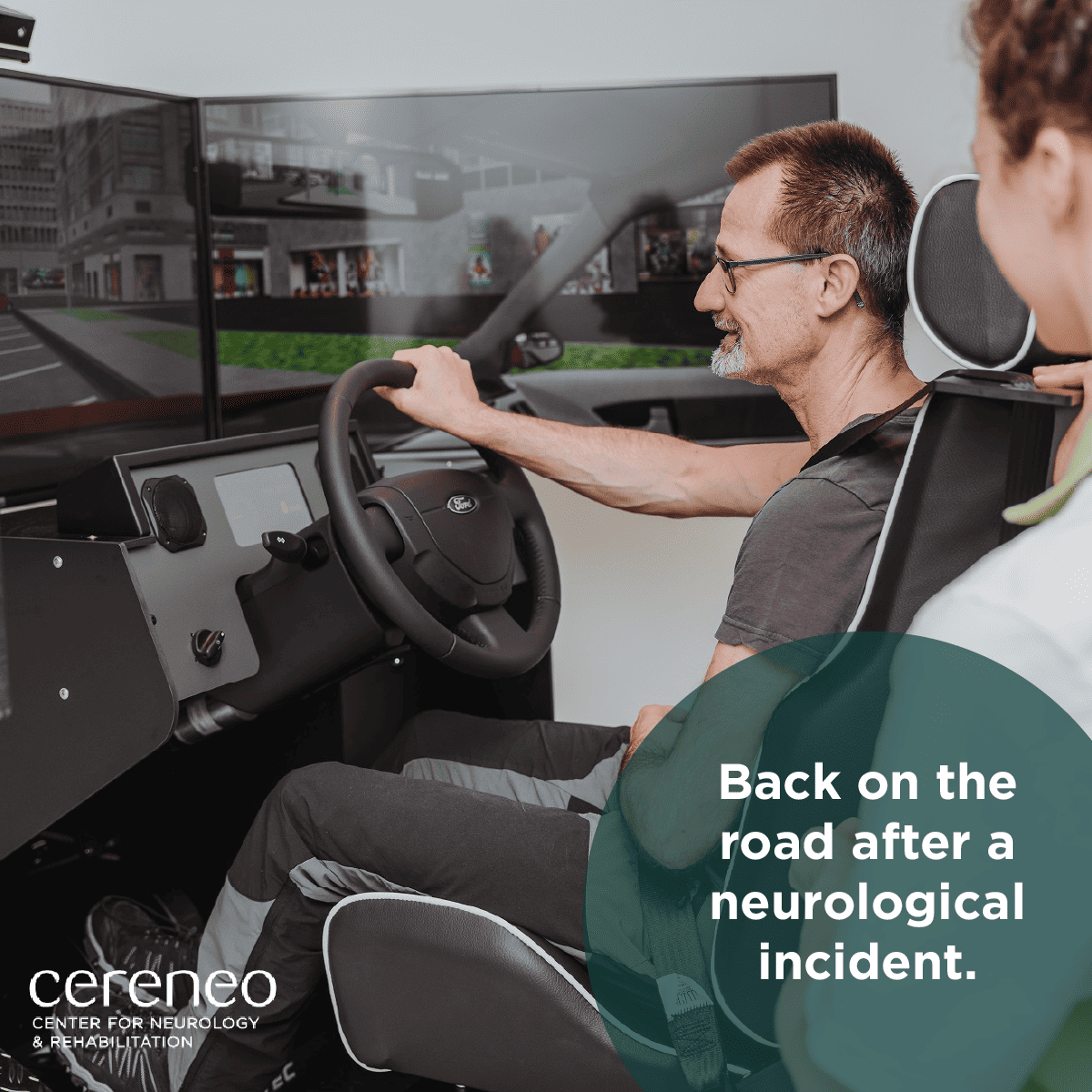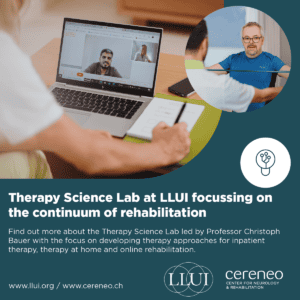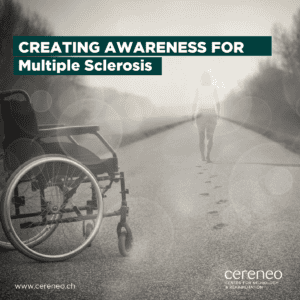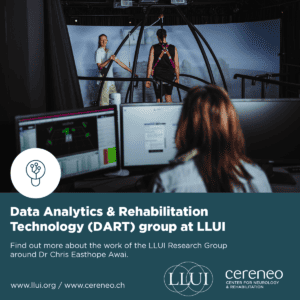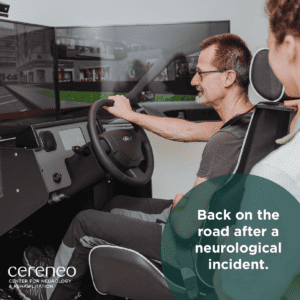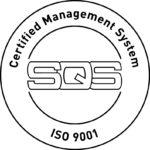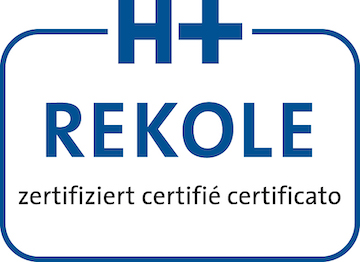Malnutrition is a well-known obstacle for severely ill patients, which can impact recovery time and lead to further health complications, for example, infections. The causes of malnutrition can be multifactorial, including, but not limited to insufficient dietary intake, low nutrient bioavailability, medications, dysphagia and increased nutrient and energy requirements. Research has shown that providing nutrient-dense foods to patients with neurological conditions, cancer and cardiovascular disorders amongst others, can speed up cure and recovery.
One of the greatest nutrition-related difficulties faced in a clinical setting is food consumption. A vast number of patients with neurological disorders have developed taste and smell deficits as a result of their brain injury; such deficits impact gastronomical enjoyments and subsequently lead to a loss of appetite. We routinely test for such deficits in our clinics, with the aim to reestablish lost senses. Additionally, a proportion of patients suffer from dysphagia and therefore cannot get the same sensory enjoyment from food as before. This vicious cycle of compounding factors can lead to an overall decline in dietary intake, which may negatively impact recovery.
Traditional hospital food lacks variety, texture, colour and other sensory stimulating aspects. Here at cereneo, our nutrition team works closely with the research team at the Lake Lucerne Institute (LLUI), to develop healthy but also tasty, sensory-specific, personalized meals for each individual patient. Motivation to recover and thus motivation to eat is at the heart of our clinical goals. Our bespoke meal creation, alongside routine sensory rehabilitation improves the quality of life of our patients and inspires them to adopt a sustainable, healthier diet both during and after their stay. We monitor diets down to the micronutrient level, by use of supporting digital tools combined with the expertise of our clinical nutrition scientists.
Taking this one step further, outside of the clinic, we have recently developed a primary preventative care initiative, bringing our taste profiling methodology to the public. This project, SavSan, aims to take hotel guests through a taste and smell journey, exploring their sensory palate spectrum, resulting in a series of tailored meals. The journey is coupled with cooking courses, body composition analysis and personalized
